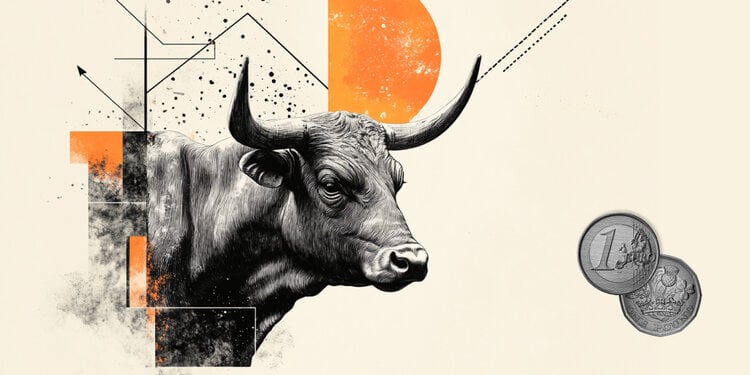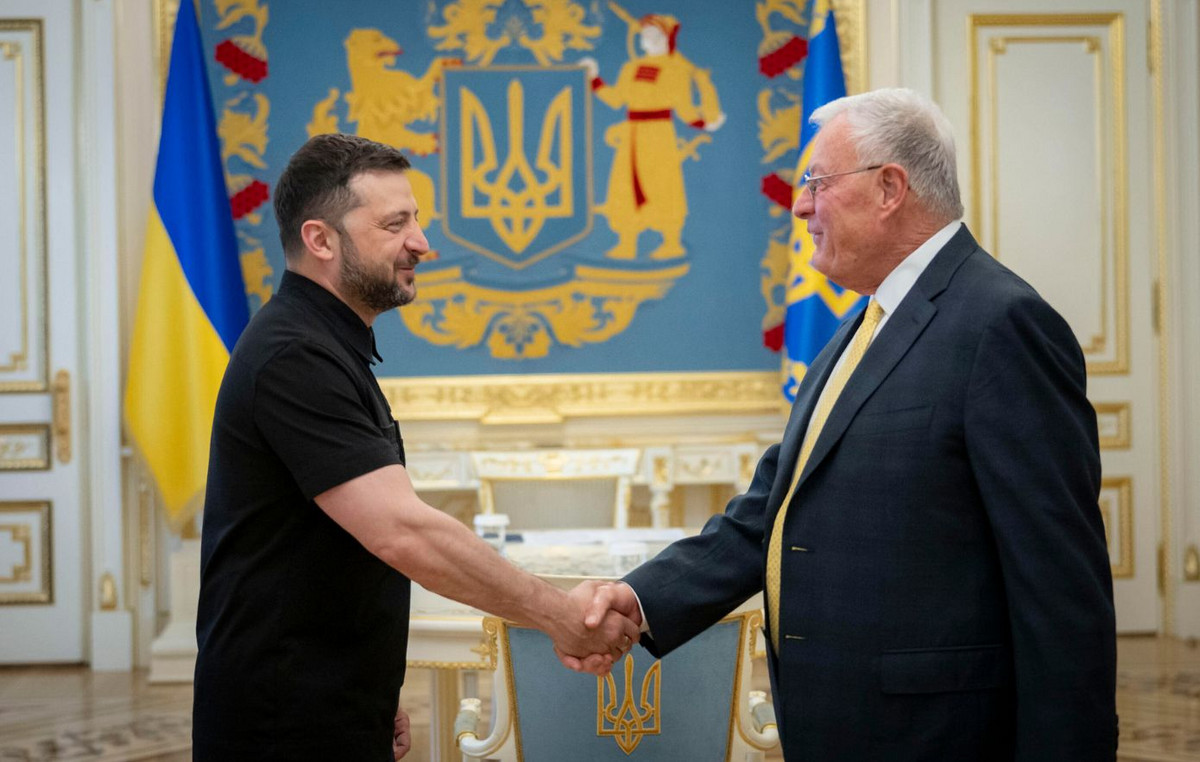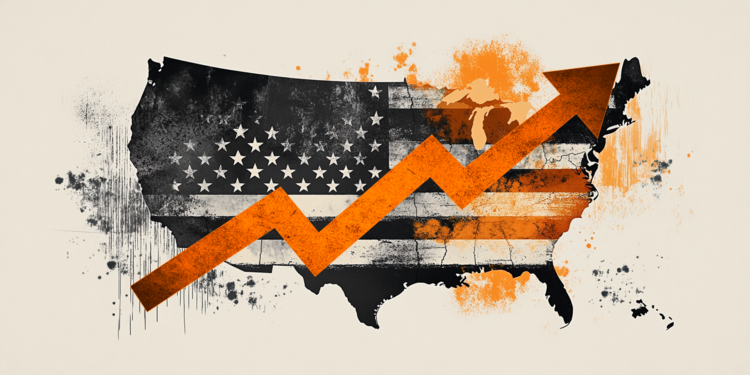President-elect Luiz Inácio Lula da Silva (PT) is in Brasília for the first time since he won the dispute, fulfilling an agenda of meetings with the heads of powers: Arthur Lira, president of the Chamber of Deputies, Rodrigo Pachedo, of the Senate, Rosa Weber, of the Federal Supreme Court (STF) and Alexandre de Moraes, of the Superior Electoral Court (TSE).
But what the world wants to know is what Lula keeps to 7 keys: who will be his finance minister and how will he guarantee the fulfillment of campaign promises before taking office.
Last Tuesday (8), however, the names chosen to act in the transition of governments were announced. Speaking specifically of the economic team, the union of Pérsio Arida, André Lara Resende, Nelson Barbosa and Guilherme Melo says a lot about the PT leader’s attempt to please Greeks and Trojans: they are economists who do not have the same training, nor the same thinking, but united for the same purpose.
While Pérsio Arida and André Lara Resende signed the Real Plan together and have a more pro-market profile, Nelson Barbosa and Guilherme Melo have the fingerprints of the new economic matrix, a directive adopted by Dilma Rouseff (PT) in her second term that, in addition to having led the country to the worst crisis in decades, continues to reverberate in the fragility and fiscal challenge that Brazil faces to this day.
Guido Mantega, the longest-running and most controversial former finance minister in history, also appeared on Tuesday as a sort of adviser to the transitional government.
In this Wednesday’s episode (9), the CNN Money will deal with the process of passing the baton and the reaction of the financial market regarding the names indicated for the transition team, as well as the election of Lula, which contradicted expectations and resulted in positive trading sessions for days.
Presented by Thais Herédia and Priscila Yazbek, the CNN Money presents a balance of news issues that influence markets, finances and the direction of society and the dynamics of power in Brazil and in the world.
*Posted by Tamara Nassif
Source: CNN Brasil






